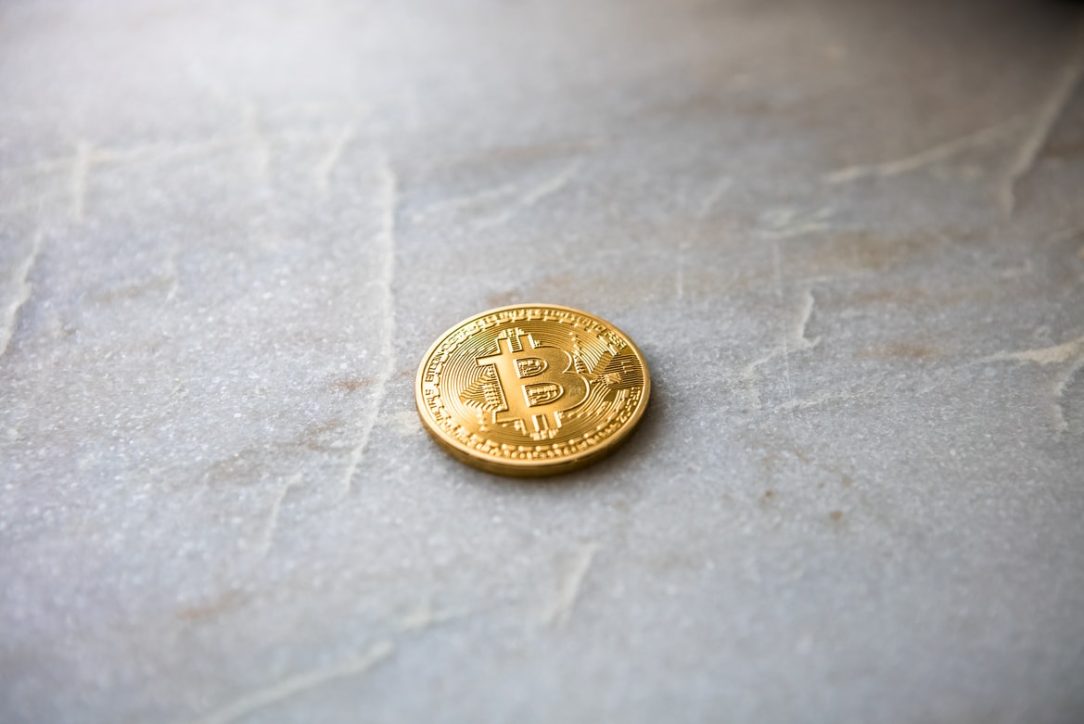Cryptocurrencies are electronic money that can be purchased and exchanged on international exchanges. These digital commodities are supposed to be used to acquire and sell goods and administrations in the same way traditional banknotes are. Unlike traditional currencies like Dollars and Euros, cryptocurrencies are never released tangibly but are preserved digitally in a ledger. The online world is still new to a lot of us.
The majority of people still put their trust in the old way of doing things. It is not their fault; it is because to adopt a new form – be it any – is not easy. It is risky, and human nature is always reluctant to consider whatever new comes into the market. And if something wrong happens in the new domain, many open minds shut down that door completely. But as of now, crypto is proving to be positive.
Click here to get all your doubts clear. One such mistake that happens or is like to occur is the transaction of bitcoins to an invalid address. In the traditional sense, it is like you posted mail to your friend who lives in Street A of town B, but the mail got delivered to someplace else, and you know no way to get it back. Sounds horrible, right? But is it? Let us find out.
What actually happens?

Source: unsplash.com
To start our discussion of what occurs if you transfer cryptocurrencies to an incorrect address, it is crucial to note that it is impossible as a non-existent address does not exist. There are two types of addresses: legitimate addresses – that pass the client’s validity tests and hence can be used to produce a payment; and faulty addresses – that flunk the client’s verification process and thus cannot be used to establish a transfer of funds.
The payment will be rejected if you consider sending bitcoins to an erroneous account, and the blockchain will not approve it. As a corollary, there will be no cryptocurrency exchanges. All acceptable Bitcoin addresses are there. One can not create a new one. The great bulk of them is nameless and unassigned.
Ways to go wrong
In all, the three greatest plausible situations are listed below.
1. Wrong bitcoin address

Source: coinmarketcap.com
Without knowing the proprietor of the address, if you input the wrong address instead of the one you intended to transfer cash to, your coins will be gone forever. You can communicate with him and potentially cooperate in this scenario. It’s hard to track down the user of a Digital wallet by yourself as the blockchain is encrypted and does not disclose anything. The only proof is the sending of bitcoins to the wallet. See, the blockchain is a transparent medium but still, it is a private network, and that is what makes it more and more popular and usable.
For instance, you are a billionaire but do not want to reveal your identity. Blockchain gives you the liberty to create a unique private identification and do the trading as usual. And this information is secure. Thus, if you send out coins at the wrong address, the person behind that account is hard to locate, until and unless he comes out clean by himself. Account addresses that persist in significant numbers are frequently inactive wallets whose owners have misplaced their login details. In such circumstances, Bitcoins just disappear from circulation since there is no way to recover them.
2. Address typo

Source: computerbild.de
If you typed the address of the receiver’s Bitcoin wallet, there’s a good chance you made a mistake somewhere. There is a clear differentiation between an erroneous and an inaccurate address. The legitimacy of the supplied digital wallet you intend to send bitcoins to is checked by all cryptocurrencies or bitcoin users.
Because the hash is 32 characters long, the chances of entering an invalid address that is wrong but acceptable after translating are 1 in 4.3 billion. When this type of address is processed into PubKeyHash, the authentication will be incorrect. As a result, the digital wallet will detect the problem, and the operation will not be executed.
Your funds will be gone in the unlikely event that you input an address with a mistake, but it is still a legitimate account. They can only be collected by someone who has the encryption key to this account. Given how several confidential credentials there may be, it is nearly assured that no one would access your funds, and they have truly gone into nothingness.
3. Blockchain discrepancy

Source: bernardmarr.com
If payments are sent to an inaccurate but legitimate address, the chances of a successful transfer are extremely slim. If you try to send Bitcoin to your Litecoin address, you will receive a notification of an invalid address input, as it will not be supported by your wallet. It is because every blockchain is unique and has a distinct format of its own.
The Next Step
If the transfer criteria are valid, but the receiver is not discovered, the payment will usually come back to your account within three days. If the trade has not found the receiver and the money has not returned to your pocket, you might test the waters. To begin, double-check that the process is indeed blocked. To do so, go to the database of the bitcoin blockchain and see whether there are any details about your trade. If there is nothing to be found, reinstall your wallet.
The Parting Words
To minimize unneeded concerns, you just copy the Bitcoin wallet address where you wish to send coins and never type it. Before completing a purchase, double-check the correctness of the address. In only a fraction of distraction, you will lose a fortune. Better is to maintain your focus till you complete the transaction. Remember, it is always the silly mistakes, the tiny things that cause us harm. It is better to regret and repent than to keep ourselves in the current moment. After all, it is hard-earned money at play.




